HTS’ inability to govern Syria, foreign meddling signal bleak future: Geopolitical analyst
By Alireza Hashemi
Syria’s future looks increasingly bleak, with a high risk of Balkanization or long-term instability as major powers continue to vie for influence and the Hayat Tahrir al-Sham (HTS) militant group is proving incapable of governing effectively, according to a geopolitical analyst.
In an interview with the Press TV website, S.L. Kanthan expounded on the recent developments in Syria – the fall of the Bashar al-Assad government and the dramatic rise of the West-backed HTS militant group.
Kanthan said over the past decade, Syria has been the target of a proxy war waged by foreign powers, including the US, Israeli regime, Turkey, and Qatar, which supported various armed militant groups in the Arab country, including extremist organizations.
“While Assad has been demonized for the last 14 years, he was once celebrated by the West and the Arab world. France awarded him the Legion of Honor; Queen Elizabeth met with Assad and his wife; and Pope John Paul II visited Syria. In 2010, The New York Times even ranked Damascus as the 7th-best place to visit worldwide,” he noted.
Kanthan emphasized that foreign actors deliberately destabilized Syria for their geopolitical objectives.
HTS rule: A new era of uncertainty for Syria after Assad pic.twitter.com/aqnaPF03BM
— Press TV 🔻 (@PressTV) December 14, 2024
“The US, Israel, Turkey, and Qatar waged a proxy war on Syria. Worse, they used groups like Al Qaeda and ISIS (Daesh) to achieve their goals. It’s only thanks to Iran, Russia, and Hezbollah that Syria managed to prevent these terrorists from taking over Damascus all this time,” the Indian analyst remarked.
However, with foreign-backed militants finally toppling the Syrian government, the US, Israel, and others who have invested heavily in destabilizing Syria are now seeking returns on that investment.
“Israel and the US have been arming and funding Syrian rebels (militants) since 2011. Jake Sullivan famously emailed Hillary Clinton in 2012, stating, ‘Al Qaeda in Syria is with us.’ Even a former Mossad chief admitted that Israel helps Al Qaeda in Syria. Naturally, both want lucrative returns,” he said.
‘Israel gobbling up Syrian lands’
Commenting on the fresh Israeli aggression against Syria and illegal seizure of more Syrian land, beyond the occupied Golan Heights, Kanthan said the Tel Aviv regime’s primary goal is to consolidate its control over the Golan Heights and surrounding areas.
“Israel would gobble up the Golan Heights and as much territory as possible. American companies, of course, would also benefit from such land-grab efforts. For the US, controlling pipelines through Syria remains a crucial objective,” he told the Press TV website.
“Additionally, the CIA will likely continue programs like Operation Timber Sycamore to redirect ‘mujahideen’ forces against geopolitical rivals like Iran, China, and Russia,” he added, referring to the covert CIA program launched during the Barack Obama administration in 2012 to train, arm, and fund terrorists in Syria.
Kanthan highlighted HTS’s inability to govern Syria, comparing the situation to the chaos in Afghanistan.
✍️ Feature -‘Greater Israel’: With Assad out of picture, Israel moves to grab more Syrian land
— Press TV 🔻 (@PressTV) December 14, 2024
By Maryam Qarehgozlouhttps://t.co/U4GDt21Kt2 pic.twitter.com/YAkczr17Hy
“HTS or Al Nusra is essentially a rebranded version of Al Qaeda. Governing a nation as diverse as Syria—with large minority groups like Shiites, Alawites, Christians, and Kurds—is beyond their capacity. Think of Afghanistan in the 1980s. Syria could be 100 times worse,” he warned.
The geopolitical analyst added that external meddling has compounded Syria’s problems, increasing the risk of Balkanization or long-term conflict, similar to Libya after Gaddafi.
“The puppet masters of this fake ‘civil war’ will continue to try to control Syria. Too many cooks spoil the broth. In the worst-case scenario, Syria could fragment into autonomous regions locked in perpetual conflict,” Kanthan remarked.
A notable example is the US-backed Kurdish groups, which may pose significant challenges to Turkey in post-Assad Syria.
“The US’s double-faced diplomacy will embolden Kurdish groups, who already control some of Syria’s best agricultural lands and oil fields. Washington may use this leverage to create friction between Turkey and Russia,” he stated.
‘Immense geopolitical challenges for Iran’
When asked about Iran’s challenges in Syria after Assad’s fall, Kanthan said the Islamic Republic faces losing a key ally and risks increased terrorism targeting its interests.
“Iran has lost a great ally with Assad’s departure. The Axis of Resistance in Lebanon will also suffer. This presents an immense geopolitical challenge for Iran,” he explained to the Press TV website.
Kanthan said Iran must diplomatically engage with Syria’s new regime to protect the rights of minorities and counter the resurgence of terrorism.
“Iran must exercise extraordinary diplomacy and caution. On one hand, it must work with the new Syrian government to protect minority rights. On the other hand, it must stay vigilant against ISIS and other groups that could become pawns of the American empire to harm Iran. As mentioned before, Syria may become the launching pad of a new breed of terrorism.”
He added that Iran should focus on maintaining its influence in Iraq as a buffer against these threats.
Iran’s Leader: Syrian events orchestrated in the command rooms of US and Israel pic.twitter.com/mgYdd1Cf5a
— Press TV 🔻 (@PressTV) December 12, 2024
“Remember the ‘7 countries in 5 years’ plan of the neocons? Iran must strengthen its influence in Iraq to serve as a buffer zone,” he said, referring to the controversial US strategy following the 9/11 attacks in 2001 first revealed by retired General Wesley Clark, who said that a Pentagon memo outlined a strategy to destabilize and overthrow governments in seven Middle Eastern and North African countries.
Kanthan noted that Assad’s fall would also weaken Russia’s position in the West Asia region.
“Russia has lost a strategic partner in Syria. Its military and naval bases will likely be pushed out due to American influence over the Syrian rebels,” he said.
However, he emphasized that Russia is adapting to this loss by expanding its influence elsewhere.
“Russia has recently gained more influence in West Africa, which helps offset its loss in Syria. Additionally, its partnership with Iran and the development of trade corridors like the INSTC will bolster its position. Putin has also cultivated strong ties with regional powers like Saudi Arabia and Egypt, avoiding overreliance on any one partner,” Kanthan noted.
He described the strategic alliance between Russia, China, and Iran as a counterbalance to US dominance in the region.
“As Brzezinski noted in the 1990s, the Russia-China-Iran strategic alliance is the only one capable of countering American imperialism, chaos, and perpetual wars.”
Iran, US to hold nuclear talks in Muscat on Friday: FM
UN experts decry Israeli bill allowing execution of Palestinians
Epstein–Barak recording exposes multimillion-dollar fees paid to Tony Blair
UK Palestine Action activists acquitted of burglary in Elbit factory raid
Oman to broker fresh round of Iran-US talks on February 6: Reports
VIDEO | Iran unveils space technology milestones
Israel to shut water, electricity at UNRWA facilities in occupied territories
Ex-Israeli minister calls for safe shelters as Tel Aviv pushes for war on Iran



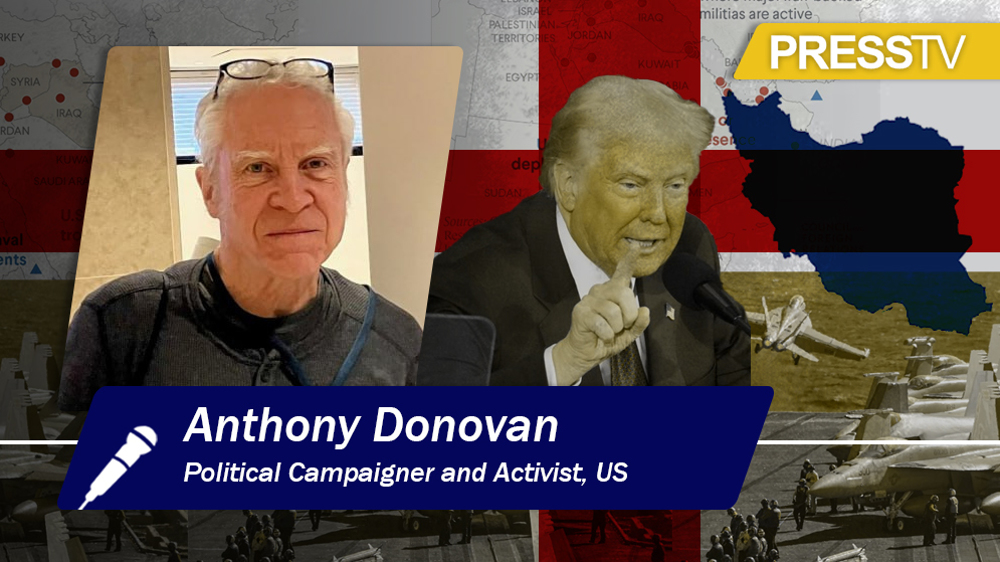
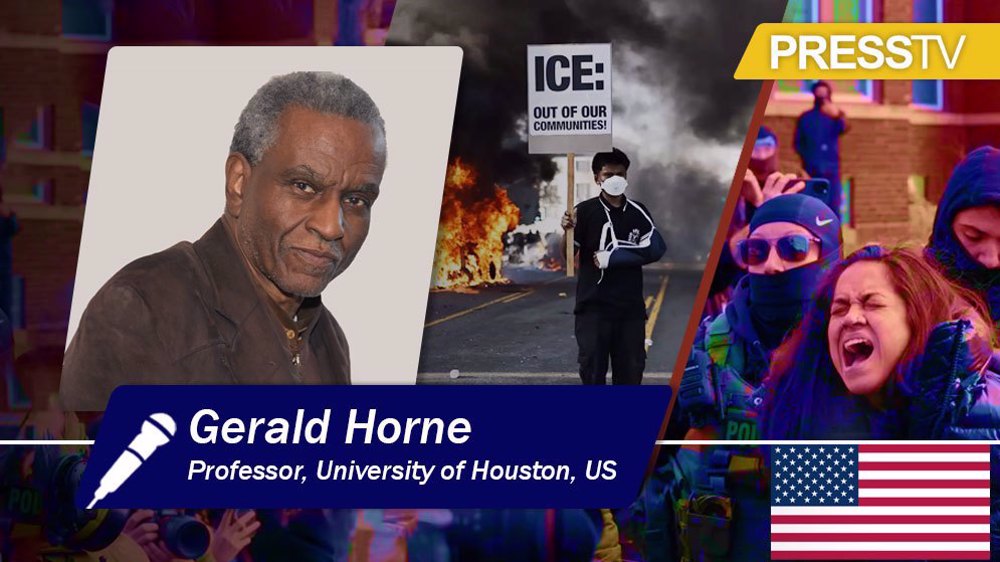
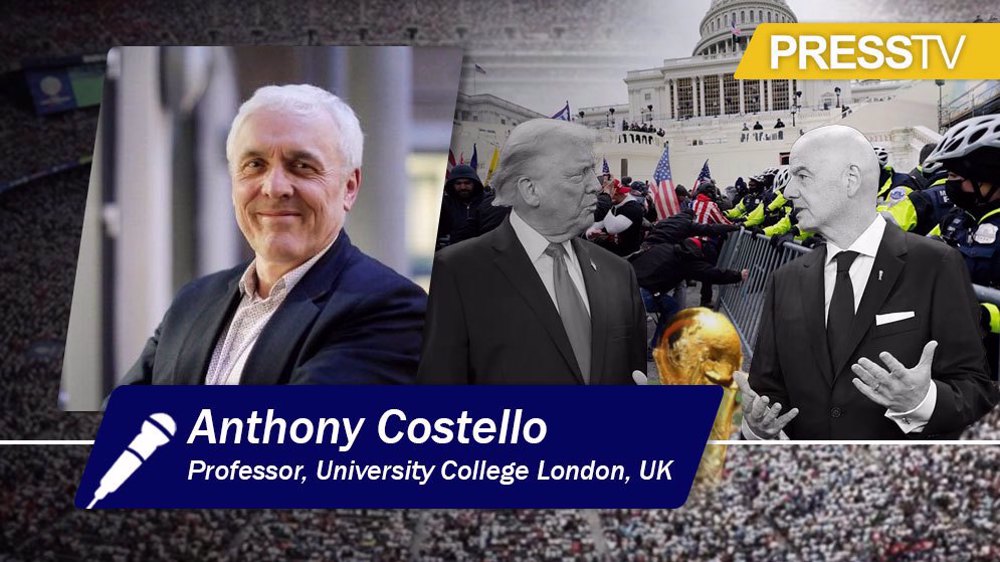




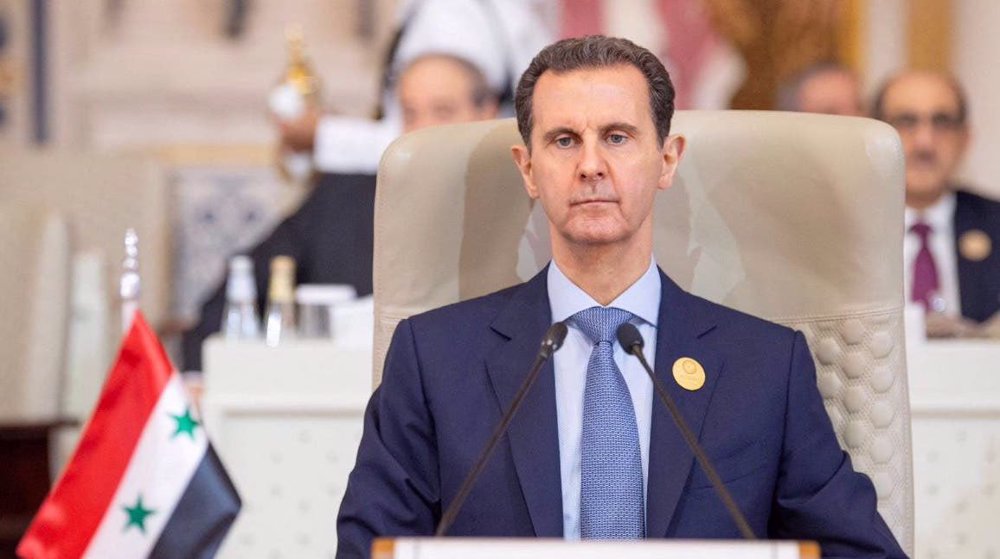
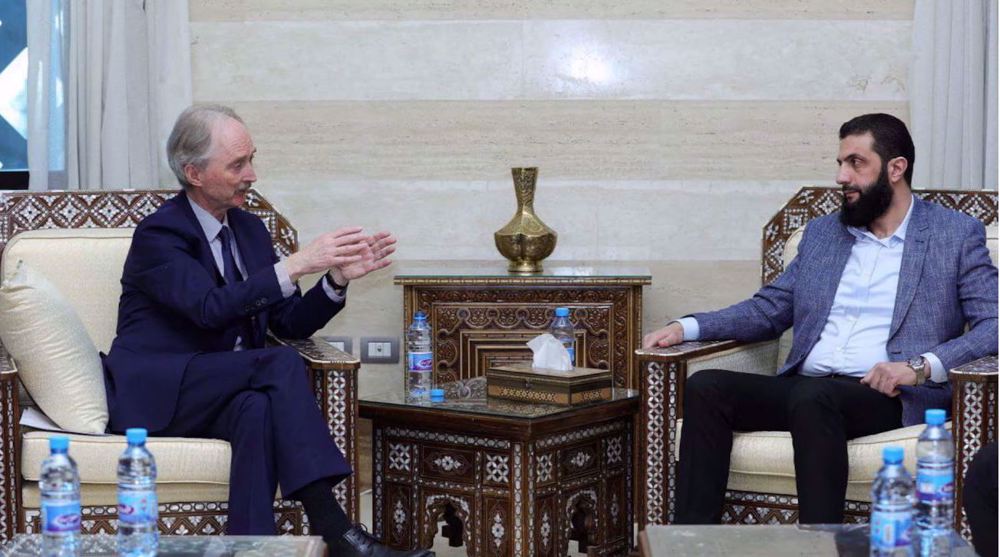
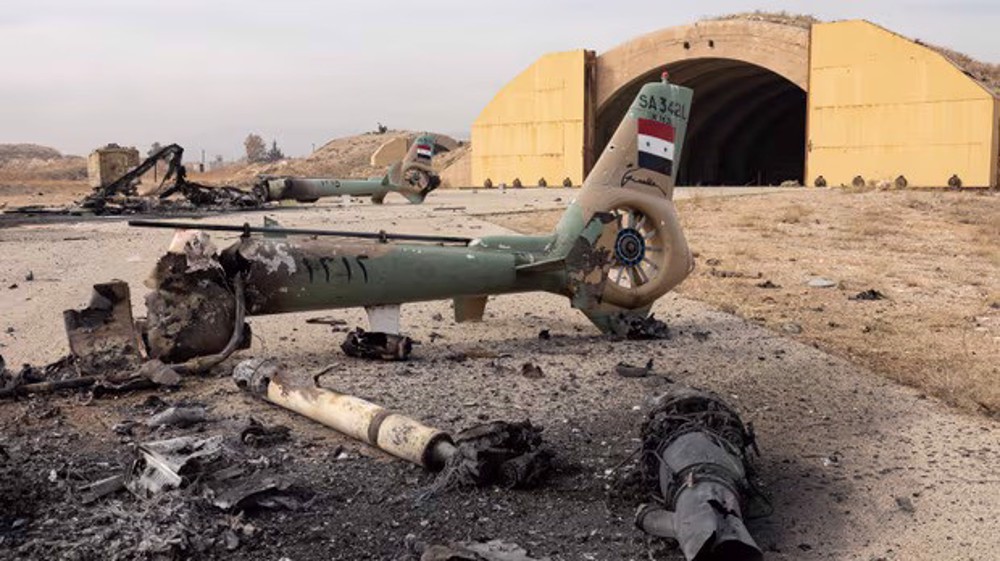

 This makes it easy to access the Press TV website
This makes it easy to access the Press TV website